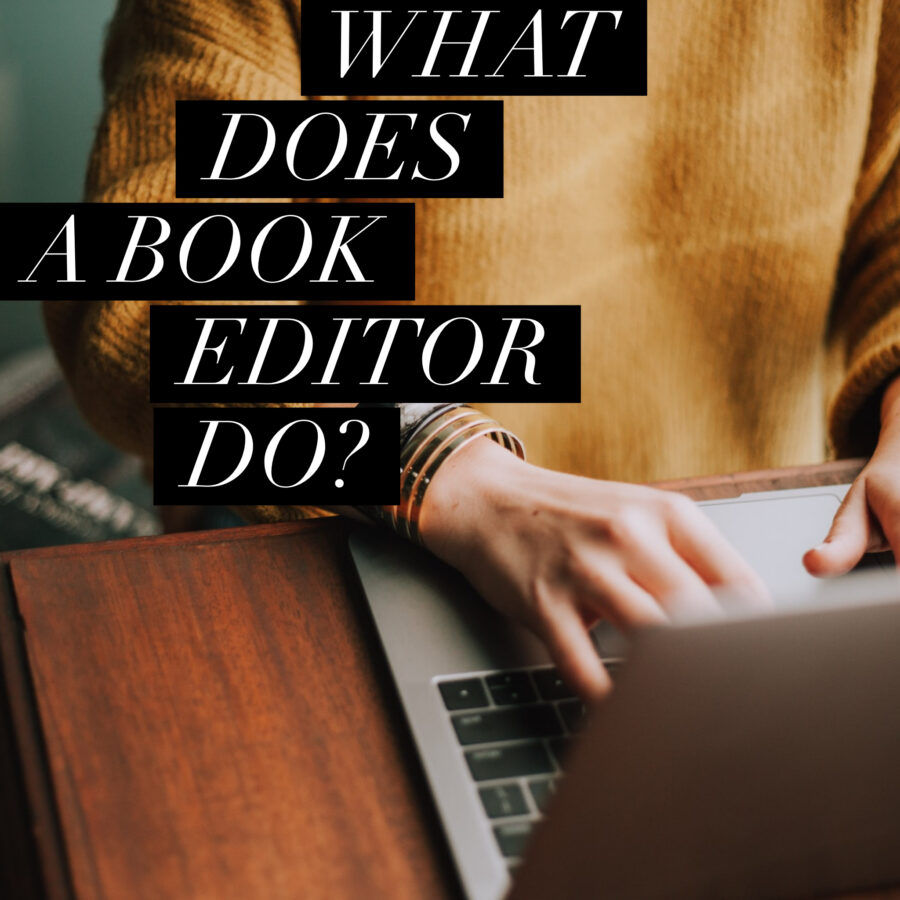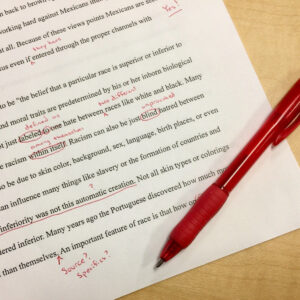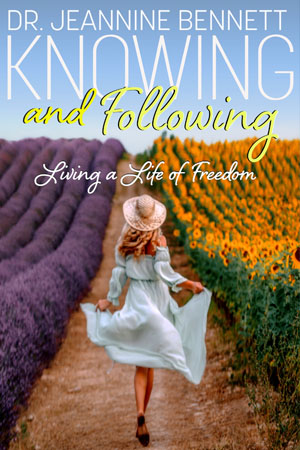
Why do I need a book editor?

With the myriad of resources available to new authors, it’s easy to think that you don’t need a book editor. But that is a rookie mistake, and I’ll tell you why.
Book editors, like myself, put a fresh set of eyes on your work. Have you ever read something someone else had written and found simple mistakes? When we’re writing, our brains fill in gaps and gloss over mistakes because we read what we intended to write, not necessarily what we wrote. A book editor with an eye for detail and grammar is invaluable to publishing a work of which you’re proud. Even excellent tools like Grammarly can’t replace a trained set of human eyes.
Editing goes beyond simple grammatical mistakes.
A good book editor will help novice authors with sentence and paragraph structure, transition of thought, and chapter organization. I’ve come to notice in a lot of writers’ work that they forget that not everyone knows the entire background or fullness of their story.
While editing, I will give suggestions when the author needs to add more context. While it’s not my job to write the book, as an editor with a lot of experience writing and a life-long addiction to reading, I don’t shy away from telling authors when they need to bulk up certain sections or give more backstory. Especially in autobiographical works, I encourage the author not to shy away from “getting gritty.” Vulnerability helps the author evoke emotion.
What do content suggestions look like?
I like to use the analogy of turning a book from a dollar store steak into a grass-fed filet mignon. Here is an excerpt from a note I wrote to an author:
You mention quite a few times that you “stuffed your feelings,” “were a badass,” or “put on your armor.” I think you may better serve your book if you used those catchphrases more sparingly. Try adding in some more descriptive or emotional passages, like: “Once again, I swallowed my pride, ordered my tears back into their ducts, straightened my spine, gritted my teeth, and did what I had to do. There wasn’t time for my feelings. Compared to what my husband was going through, I believed that I didn’t have the right to complain about my problems. Acknowledging my grief would take away from the emotional support he needed. I couldn’t take that from Chris. I couldn’t afford to let him down. Callouses were building on my heart that, yes, protected me during wartime but prevented me from letting him back in when he came back home. That’s the funny thing about feelings – you can’t just turn them on and off when you want to. You either acknowledge them and maintain a healthy relationship with them, or you shut them off and cut off access to them at all.”
Doesn’t that evoke more emotion than “I stuffed my feelings again.”?
Editing isn’t just about adding things to the book.
A good editor can identify when to remove content and help you restructure your thoughts without taking away your voice. Don’t be surprised if your editor advises that you have too much irrelevant information that detracts from the point you’re trying to make. I’ve often removed large sections of paragraphs and sometimes entire chunks of chapters when things felt redundant, irrelevant, or detracted from the core message. Of course, the author has the final say in what changes they choose to keep or reject.
Editing is about painting a complete picture.

Editors should help the author identify the areas of the picture that are too busy and those that are too sparse. When done well, a beautiful masterpiece will emerge. One of the best compliments I’ve received from an author upon reading all of my edits said, “Going through and reading my story brought forth the emotion that I hope my readers will feel.” That’s all an editor can hope for. Well, that, and good grammar!
Editors can give directional advice.
Authors have hired me to edit unfinished works. You might wonder why someone would bother having an unfinished book edited. For these authors, I write up recommendations on the directionality of the text. I advise them on making their work feel complete, filling out the sparse parts, and even different options on how to finish the book. And sometimes new writers just want to hear from a professional if they have something worth pursuing. A good editor can do all of that for you!
A good book editor is worth their weight in gold.

By now, you can see that a book editor does much more than just check your spelling and grammar. A book editor is a partner that pulls from the author every ounce of their potential, releasing the best book possible to readers.
If you would like me to edit your upcoming book, head on over to the Vision to Purpose website!
About the Author
 Melanie Lemus is the Communications Specialist for Vision to Purpose providing self-help, business, and career-focused topics. She lives in Virginia with her wonderful husband and witty daughter. Melanie loves her freedom – in Christ and America. She’s passionate about natural health and homeopathy, and she’s always down to take a hike through the mountains.
Melanie Lemus is the Communications Specialist for Vision to Purpose providing self-help, business, and career-focused topics. She lives in Virginia with her wonderful husband and witty daughter. Melanie loves her freedom – in Christ and America. She’s passionate about natural health and homeopathy, and she’s always down to take a hike through the mountains.
About Vision to Purpose
Vision to Purpose is an organization dedicated to helping individuals and businesses succeed by offering tailored career, life, and business solutions. We also help writers become published authors!
Need a resume writer? How about a writing coach? Perhaps a business consultant? Look no further; Dr. Bennett and the Vision to Purpose team can help! You can learn more about Vision to Purpose by visiting www.visiontopurpose.com.




